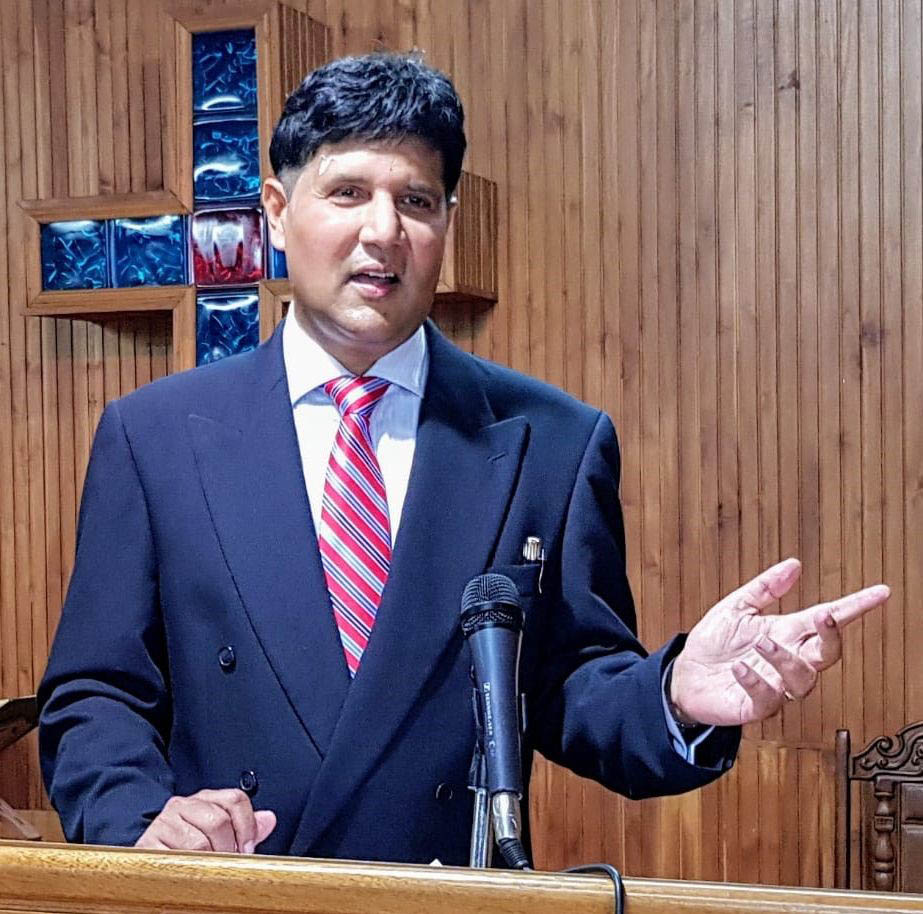(Trinidad Guardian) Outspoken High Court Judge Frank Seepersad has welcomed calls for more transparency and accountability in the administration of justice.
Seepersad made the comments yesterday, after he was forced to postpone the trial of a case brought by a woman, who claims she was assaulted and falsely imprisoned by Defence Force personnel during the 2011 limited state of emergency, because of delays by attorneys in filing legal submissions.
Justice Seepersad said: “Judicial officers must understand that we do not live in ivory towers and our judicial independence does not insulate us from accountability in relation to our performance. Our oath of office imposes upon us an obligation to serve and defend citizens and the Constitution.”
Saying the public discourse over the issue is welcomed, overdue and necessary, Justice Seepersad suggested that recent public comments revealed that the problem is multidimensional.
He also sought to raise concerns over the continued closure of court buildings and the reliance on virtual hearings during the COVID-19 pandemic.
“It must not be lost that there should always be a human face to justice and we cannot allow the existing technology to replace the need for empathy, which is best addressed when there is actual physical engagement,” Justice Seepersad said.
However, he admitted that virtual hearings should be incorporated into blended operations when court buildings reopen to members of the public.
He suggested that the lack of physical hearings during the pandemic was especially dire to the criminal justice system, as there were no jury trials and very few virtual judge-alone trials.
“How is this society tolerating the fact that no jury trial has occurred in over two years while thousands await their day in court?” Justice Seepersad asked, as he noted that jury trials have already resumed in Barbados and in the Eastern Caribbean.
Referring specifically to the delays in the case before him attributed to State attorneys and private attorneys, Seepersad suggested that serious action must be taken by judicial officers to address such.
“Delays with respect to procedural timelines must be addressed and there have to be disciplinary and reputational consequences when lawyers fail to discharge their obligations with professionalism and efficiency,” he said.
Addressing questions during a “Conversations with the Prime Minister” event on Tuesday, Prime Minister Dr Keith Rowley had lamented the “unacceptably slow” delivery of justice in the country.
Rowley said over the past seven years, Cabinet gave the Judiciary priority with hundreds of millions of dollars in resources and had piloted administrative and legislative reforms to help improve efficiency.
He said the Cabinet had done everything they could have done to facilitate the acceleration of the justice system, “so there must be something, somewhere else.”
“It simply means there’s something more in the mortar than the pestle. Delay in justice in T&T is hurting us in more ways than one and we have to find a way to remove that from the system. It’s not fair to the persons in Remand Yard to be lying down there for how many years waiting for a day in court,” Rowley said.
In an interview with Guardian Media on Wednesday, Law Association President Sophia Chote, SC, said while she cannot say how much money was pumped into the Judiciary, she also agreed with Rowley’s statements.
“I have not seen an acceleration in the progress of cases. People may quote statistics to say any number of cases may have been concluded within a certain space of time but we have to factor into the contextual position the age of these matters, certainly the pandemic has not helped,” Chote said.
Chote said she believes the Prime Minister was right to demand accountability for the money spent in the Judiciary.
“I think when money is invested in any institution, not only the Judiciary when money is invested in any institution, the stakeholders who use the institution or who are most likely to be participating in this institution’s processes, will want to know that they are getting an improved service and quite frankly, I don’t know that I can say that, from a lawyer’s perspective.”
While she admitted that attorneys contribute to delays, she said focus should be placed on the Office of the Director of Public Prosecutions (DPP).
“Unfortunately, a lot of the blame is often placed on the private bar but we forget that when we talk about the under-resourcing of the Director of Public Prosecutions, that has an impact on the slow pace of the matters proceeding before the courts simply because they don’t have enough personnel, so the delays or adjournments are not only sought by members of the private bar,” Chote said.
In a statement issued yesterday, attorney Martin George said that while he concurs with the Prime Minister’s pronouncements on the slow pace of justice, some measures taken by Judiciary during the pandemic, including electronic filing and virtual courts, should be embraced as possible solutions.
“It is a much faster, more efficient, and seamless way of delivering and dispensing justice as opposed to the old cumbersome way of going in-person for trials and flying in witnesses or foreign experts at great expense when you could just take their evidence by video link,” George said.



